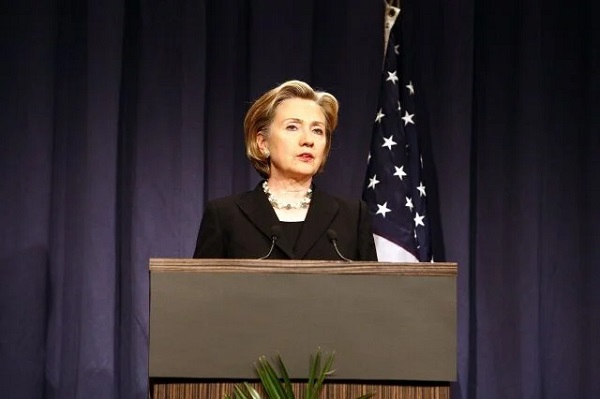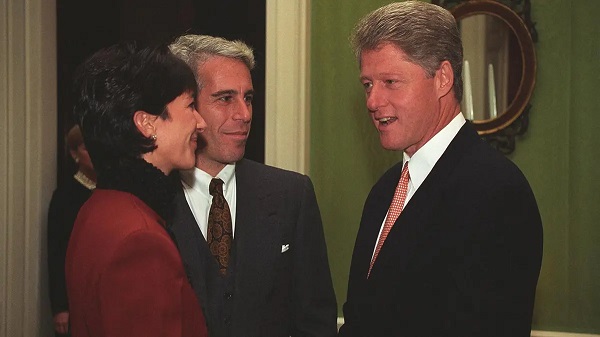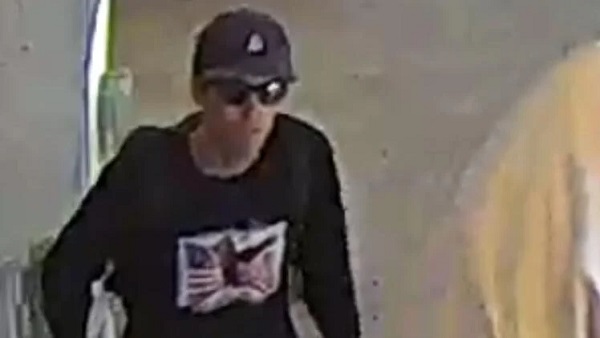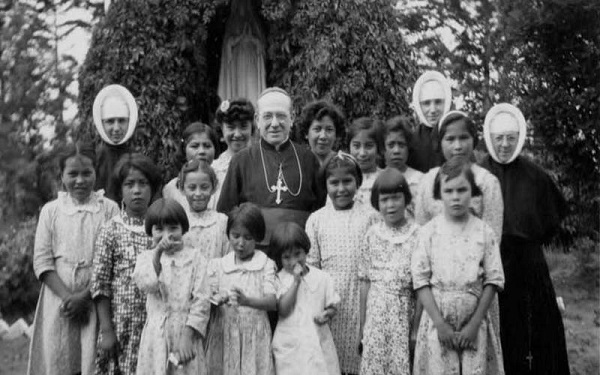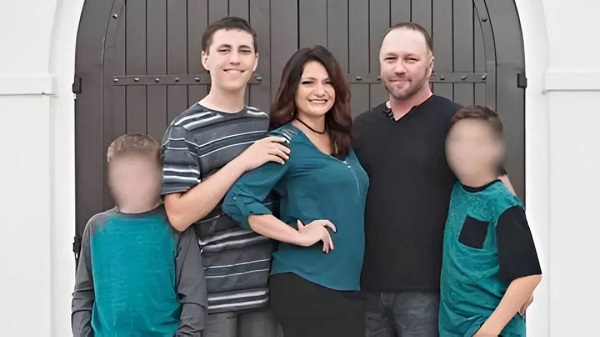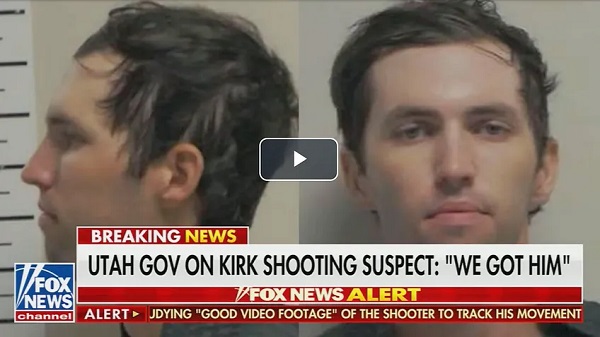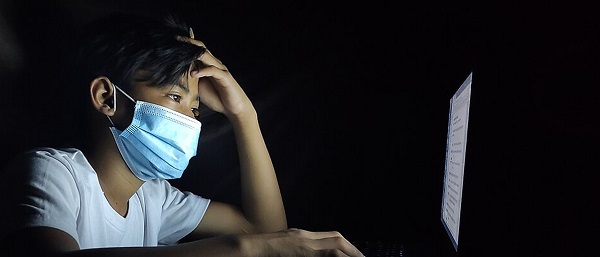From The Center Square
“Julie [Smith] says it will be a long-term affair to demonize Putin and Trump. Now it is good for a post-convention bounce. Later the FBI will put more oil on the fire”
Newly declassified intelligence documents indicate that Hillary Clinton, her 2016 presidential campaign managers, and a top member of a George Soros group plotted to fabricate the Trump-Russia collusion campaign to distract the public from Clinton’s email scandal.
Declassified by the Senate Judiciary Committee on Thursday, the 29-page “Durham annex” from 2023 chronicles the Office of Special Counsel’s (OSC) investigation into purported efforts by the Clinton campaign and its allies to falsely tie Russia’s cyber interference attempts during election season to Trump.
In its investigation, OSC uncovered emails that appeared to be sent by Leonard Benardo, senior vice president of Soros’ Open Society Foundations, to people involved in Clinton’s campaign. Soros is a billionaire funder of Democratic campaigns.
The emails appear to show that Benardo engaged in discussions with Julianne Smith, one of Clinton’s foreign policy advisors, about how to use reports of Russian interference in the election to Clinton’s advantage and Trump’s detriment. Benardo later told OSC he had no recollection of writing the emails.
In an email dated July 25, 2016, Benardo told an undisclosed person that “politicization is on the table” and that he and Smith had been discussing ways to create a story casting Trump as “an agent of influence” in Russian President Vladimir Putin’s attempts to undermine the election “in the interest of Donald Trump.”
“Julie [Smith] says it will be a long-term affair to demonize Putin and Trump. Now it is good for a post-convention bounce. Later the FBI will put more oil on the fire,” Benardo wrote, indicating that Clinton’s campaign planned to use the FBI to push the story.
While the FBI established early on that Putin ordered “cyber influence operations” to undermine faith in the U.S. democratic process, it found no evidence that Putin interfered on behalf of Trump.
But former President Barack Obama and his senior advisors reportedly pressured the Intelligence Community to assert otherwise, according to documents declassified last week. Obama has denied the allegations.
The Clinton campaign’s goal, it appeared, was to divert Americans’ attention away from her email scandal, since “Hillary is hardly good-looking as far as credibility is concerned,” Benardo added.
Clinton served as Secretary of State under the Obama administration from 2009 to 2013, where she used a private email server for official agency communications, putting thousands of emails with sensitive or classified information at risk.
According to a follow-up email by Benardo dated two days later, Clinton personally approved of the plan to fabricate the Trump-Russia collusion.
“HRC approved Julia’s idea about Trump and Russian hackers hampering U.S. elections. That should distract people from her own missing email, especially if the affair goes to the Olympic level,” Benardo wrote.
“The point is making the Russian play a U.S. domestic issue. Say something like a critical infrastructure threat for the election to feel menace since both POTUS and VPOTUS have acknowledged the fact IC would speed up searching for evidence that is regrettably still unavailable,” he clarified.
Upon finding the emails, the Office of Special Council questioned Benardo, who told them he did not know who “Julie” referred to and he did not draft the emails “to the best of his recollection.”
Clinton, when questioned by OSC, said the plan she apparently approved “looked like Russian disinformation.” Campaign Chair John Podesta and other advisors each denied the validity of the emails and each called the emails “ridiculous.”
Smith was also interviewed and said she recalled neither drafting or receiving the emails nor proposing a plan to Clinton or other campaign leadership to try tying Putin to Trump. She also denied enlisting the FBI to further such efforts.
But OSC found that the verified communications between Smith and campaign advisors implied otherwise. The same day Benardo purportedly sent the email about how the FBI “will put oil on the fire,” Smith texted a Clinton campaign advisor and asked them to “see if [Special Assistant to the President and National Security Council member] will tell you if there is a formal fbi or other investigation into the hack?”
The Clinton campaign advisor, whose name is redacted, replied that the person in question “won’t say anything more to me. Sorry. Told me she went as far as she could.”
Ultimately, OSC determined that “it is a logical deduction that [redacted] Smith was, at a minimum, playing a role in the Clinton campaign’s efforts to tie Trump to Russia,” and that available evidence “supports the notion that the campaign might have wanted or expected the FBI or other agencies to aid the effort” via a formal investigation.
“In short, neither the Office nor [redacted] have been able to determine definitively whether the purported Clinton campaign plan [redacted] was entirely genuine, partially true, a composite pulled from multiple sources, exaggerated in certain respects, or fabricated in its entirety,” OSC concluded, adding that regardless, the entire affair was “concerning.”
As of Thursday afternoon, Clinton and her former campaign advisors have not responded to the Durham annex’s publication, despite outcry from Republicans. The Trump administration is presenting the report as the “smoking gun” confirming recent allegations that Obama, Clinton, and the Intelligence Community created a deliberate smear campaign to delegitimize Trump’s first presidency.
“Based on the Durham annex, the Obama FBI failed to adequately review and investigate intelligence reports showing the Clinton campaign may have been ginning up the fake Trump-Russia narrative for Clinton’s political gain, which was ultimately done through the Steele Dossier and other means,” U.S. Sen. Chuck Grassley, R-Iowa, said Thursday.
“History will show that the Obama and Biden administration’s law enforcement and intelligence agencies were weaponized against President Trump,” he added. “This political weaponization has caused critical damage to our institutions and is one of the biggest political scandals and cover-ups in American history.”
